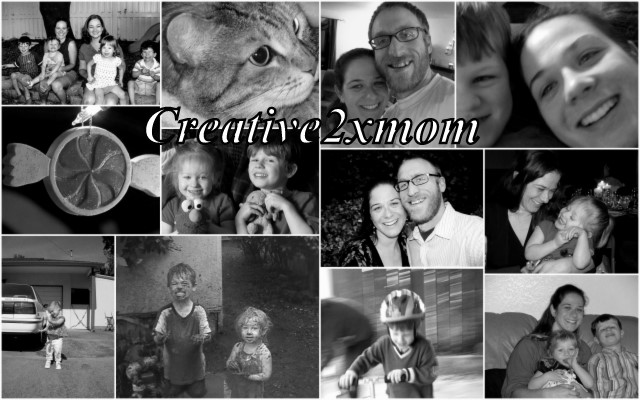Tripp's point for this chapter can be summed up by a quote on page 29: "As a parent, you have authority because God calls you to be an authority in your child's life. You have the authority to act on behalf of God."
This thought is further expanded on page 31: "... therefore the endorsement of your child is not necessary."
Tripp calls upon parent to engage their children, explain further that shepherding and teaching happen all the time. When we are with our children, they are learning from us, whether we are conscious of it or not. Therefore, we are to engage our kids, and ourselves, in learning what it is to be followers of Jesus.
Tripp also takes the time to clear up a few misconceptions about what discipline is. He calls for objectives and humility, and refutes the fact that anger must be involved in the process.
I thought the section about clear objectives was interesting. I've never thought to take the time to discuss with my husband what our objectives are in disciplining our children. What do we want for them: spiritually, relationally, in their futures? This concept is so foreign to our culture. We are taught to think of our children as individuals who are ready for responsibility, rather than children who need to be guided by wise parents. It's such a foreign concept in fact that I'm not sure where to begin. This is something that I would like to bring up with my husband in the near future. Choosing to be proactive rather than reactive.
Also on page 30, Tripp notes that if we allow "unholy anger" to cloud our judgement in discipline, we should repent to our children. How many people do this? Instead, we move on and don't allow ourselves to be convicted. What a testimony it would be to our children if we were to repent to them when we sin against them! And conversely, what humility that requires of us.
I would challenge you to practice this in your home. Don't be afraid to be in charge. Know that you've been given authority by God to direct and disciple your children. However, acknowledge when you've been wrong. Allow that to be part of your testimony as well.
Questions for discussion:
3. What are some things you can do to keep your discipline focused on turning your child to the paths of life?
5. How would you describe your job as God's agent for discipline? How will seeing yourself as God's agent change the way you discipline?
6. Would you be willing to sit down and analyze the following for your children: training objectives, lists of strengths and weaknesses, short-term and long-term goals, and strategies for parenting?







No comments:
Post a Comment